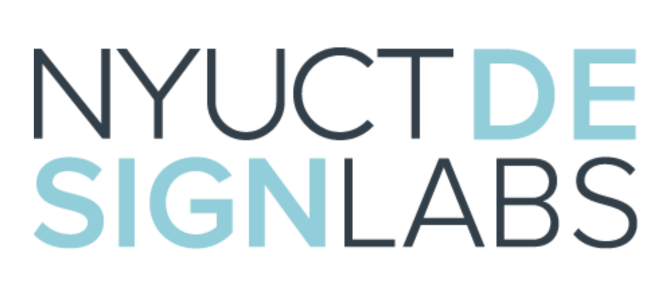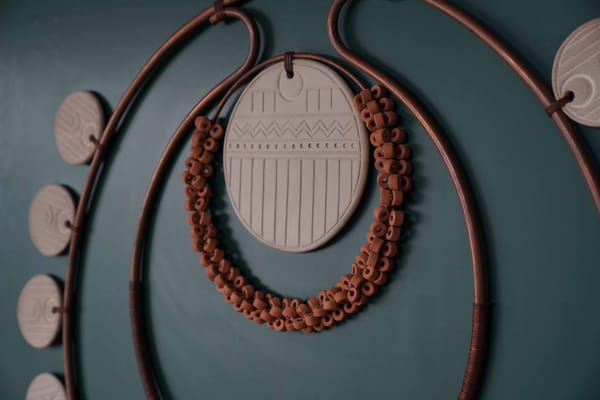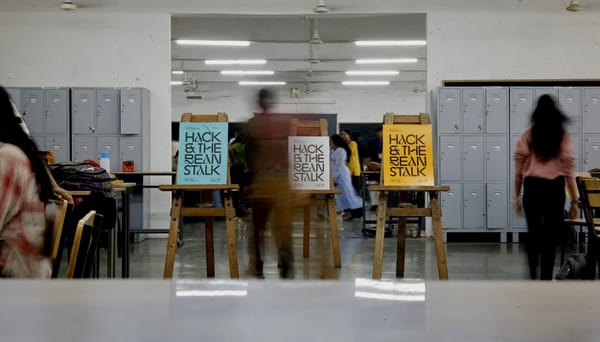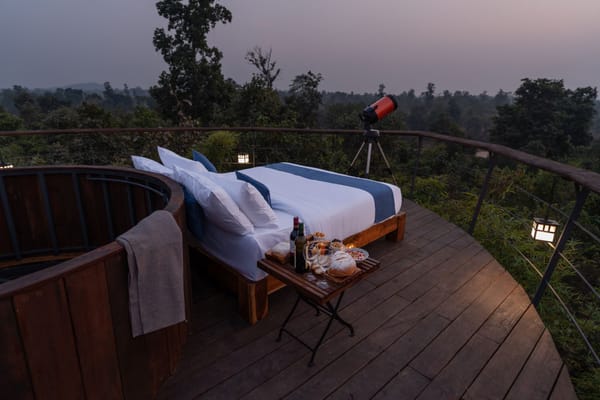Folk Studio - A social innovation with indigenous crafts, design thinking and new business modeling
Folk Studio was conceived by NYUCT Design Labs as an experiential artist lab and studio that featured national award winning artisans who collaborated with modern ceramic designers to create a private line of ceramic ware and merchandise. This was a social business innovation around localism.
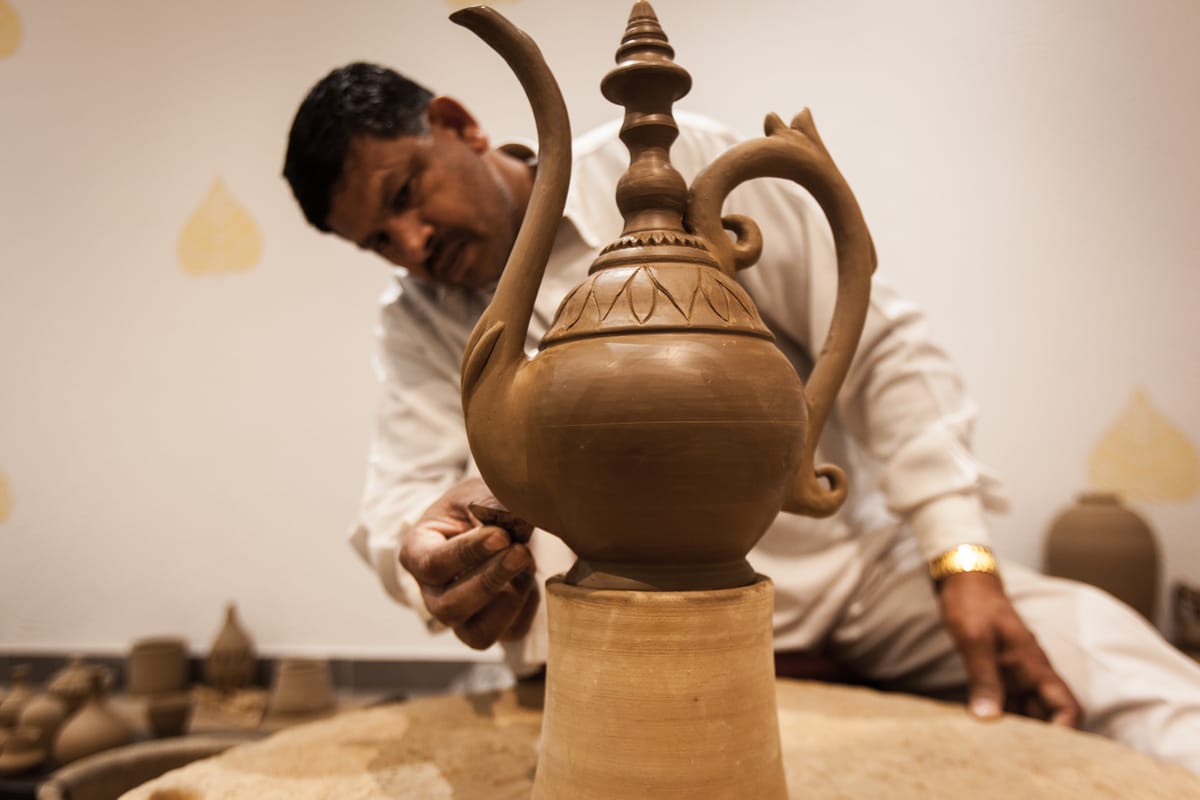
The biggest challenge for artisanal crafts and local arts are not skill, but rather marketability, branding, storytelling and entrepreneurial innovation. India has an unbound wealth of crafts and arts which have been the darlings of the world for centuries.
Colonial exploitation, inadequate attention and lack of policy focus have meant that many of these crafts, arts and communities suffered. But, entrepreneurial thinking, inventive social business models, market linkages and design thinking can help such communities and artisans (as also such regions) make their wares and products into marketable, economic brands.
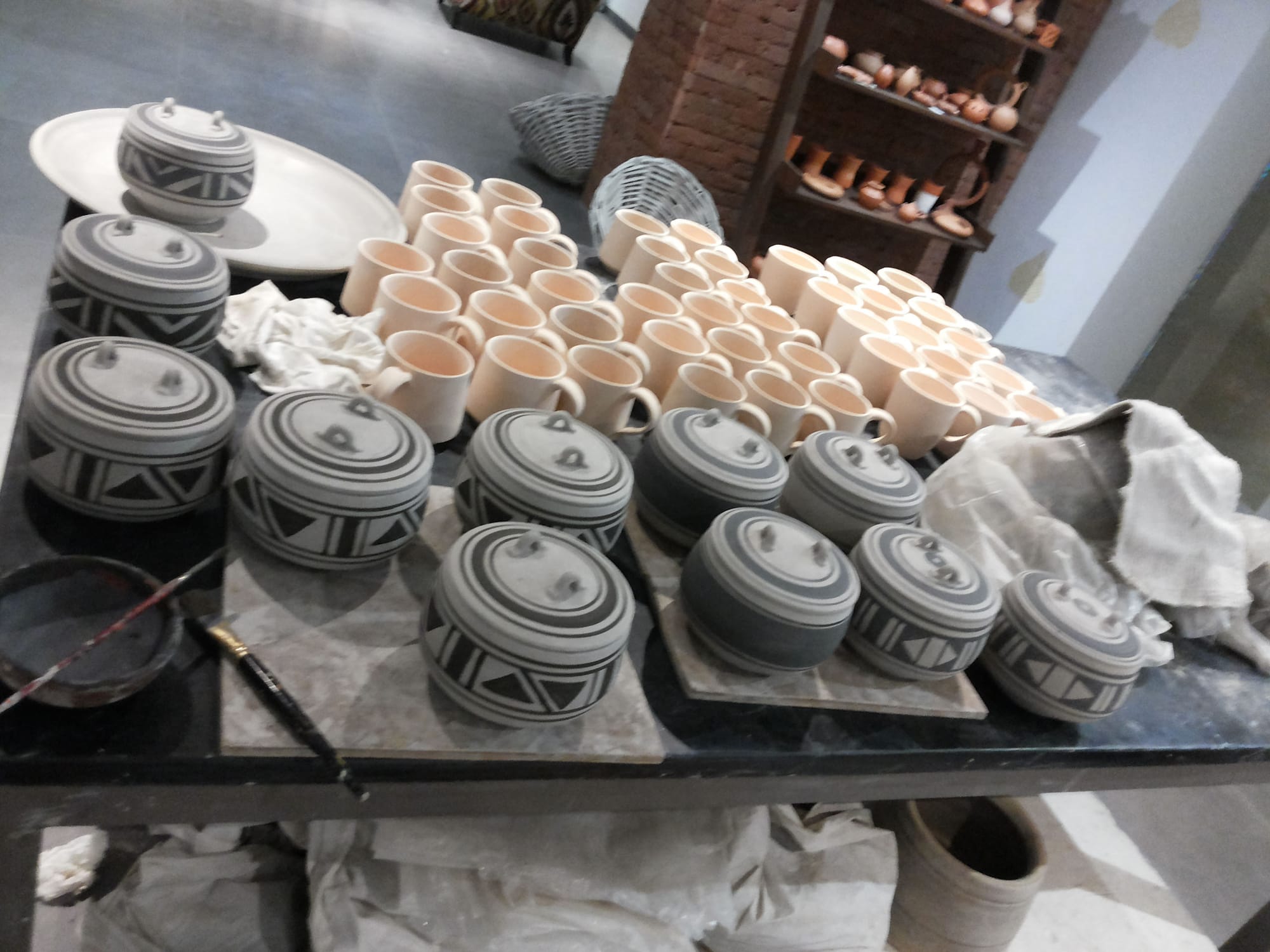
Problem that presented a design thinking opportunity
A large hospitality chain was finding it difficult to procure custom ceramic wares and functional wares for its hotels and restaurants and was told by the parent group to go in for “off the shelf” products – which meant they couldn’t be unique / custom pieces, which signature spaces or luxury addresses often demand. The chain’s business was neither ceramics nor running studios.
Grow your ideas to business with a team that blends design, agile strategy, technology and imagination. And a community of makers who bring a culture of collaboration to impact.
Secondly, the hospitality chain didn’t have experimental and experiential spaces (other than the usual suspects of restaurants and spas) that could reimagine the guest experience by making them learn a craft, an art and produce something tangible with maestros or produce something artisanal from which it could yield new commerce.
Insight
The right experiential space / independent artisanal studio set in the right market could help blend the skills of artisanal makers with modern designers and produce small batch, artisanal pieces that are both functional and decorative. This could also be an experiential studio for the hospitality chain’s luxury customers.
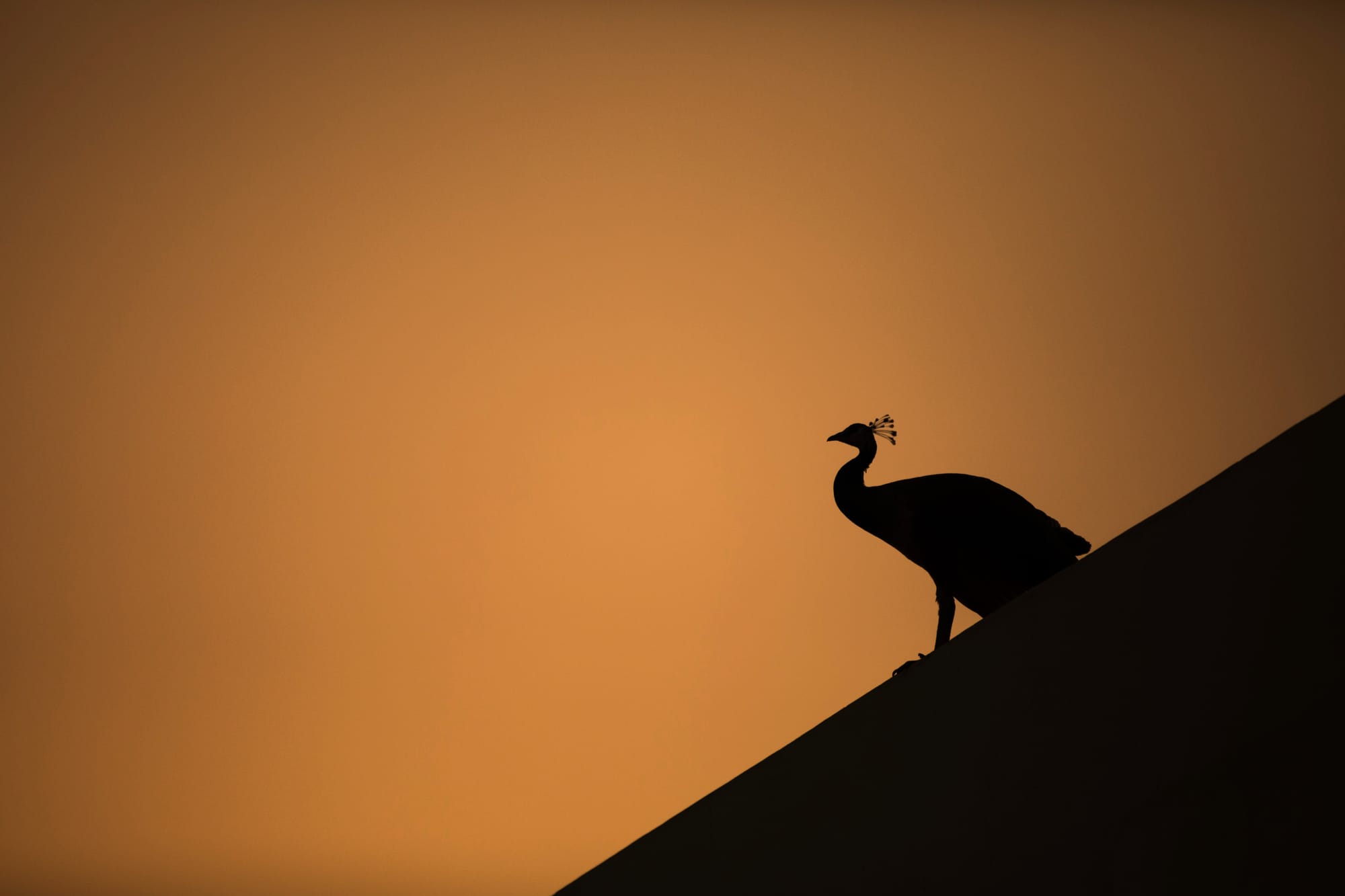
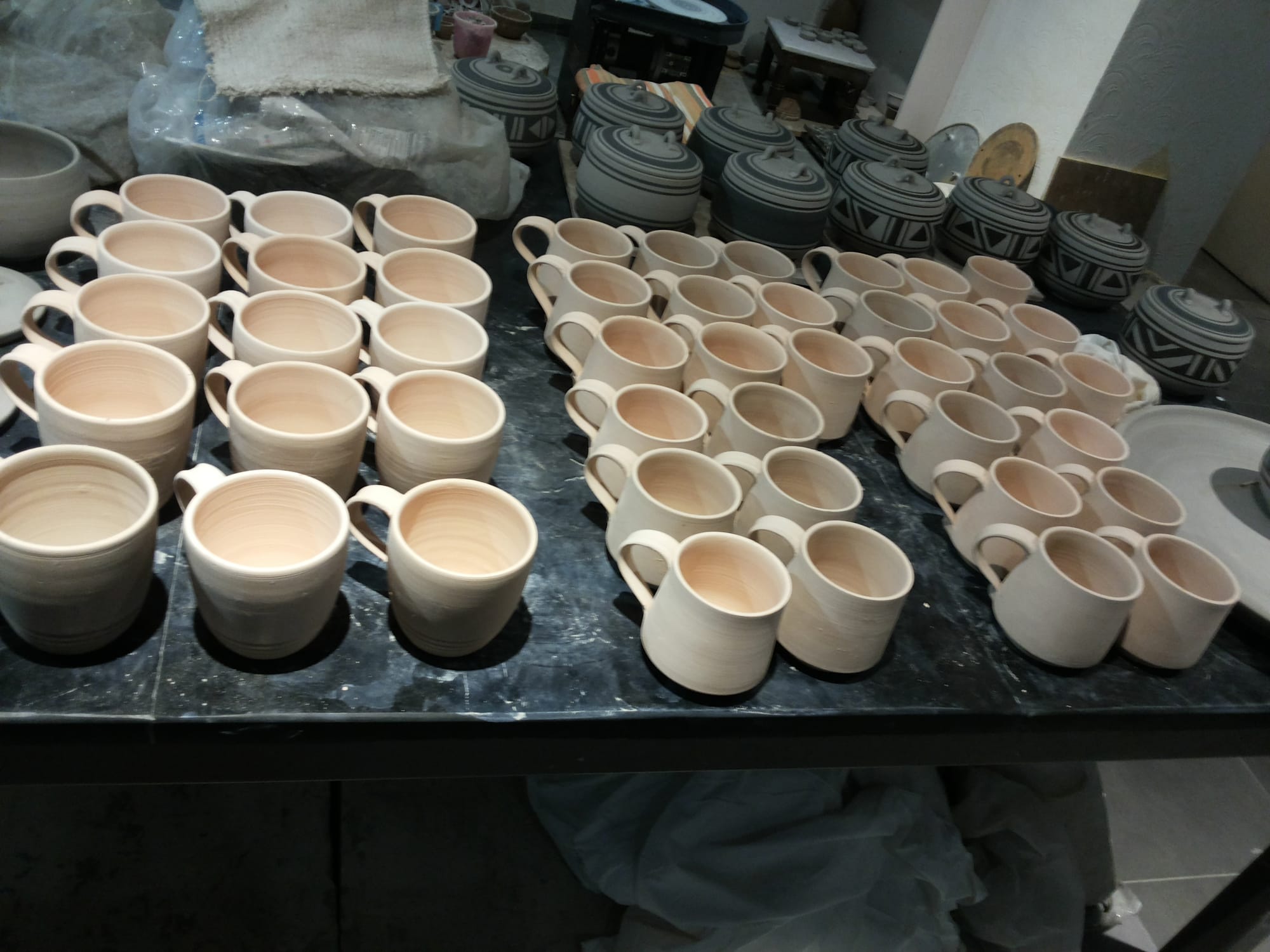
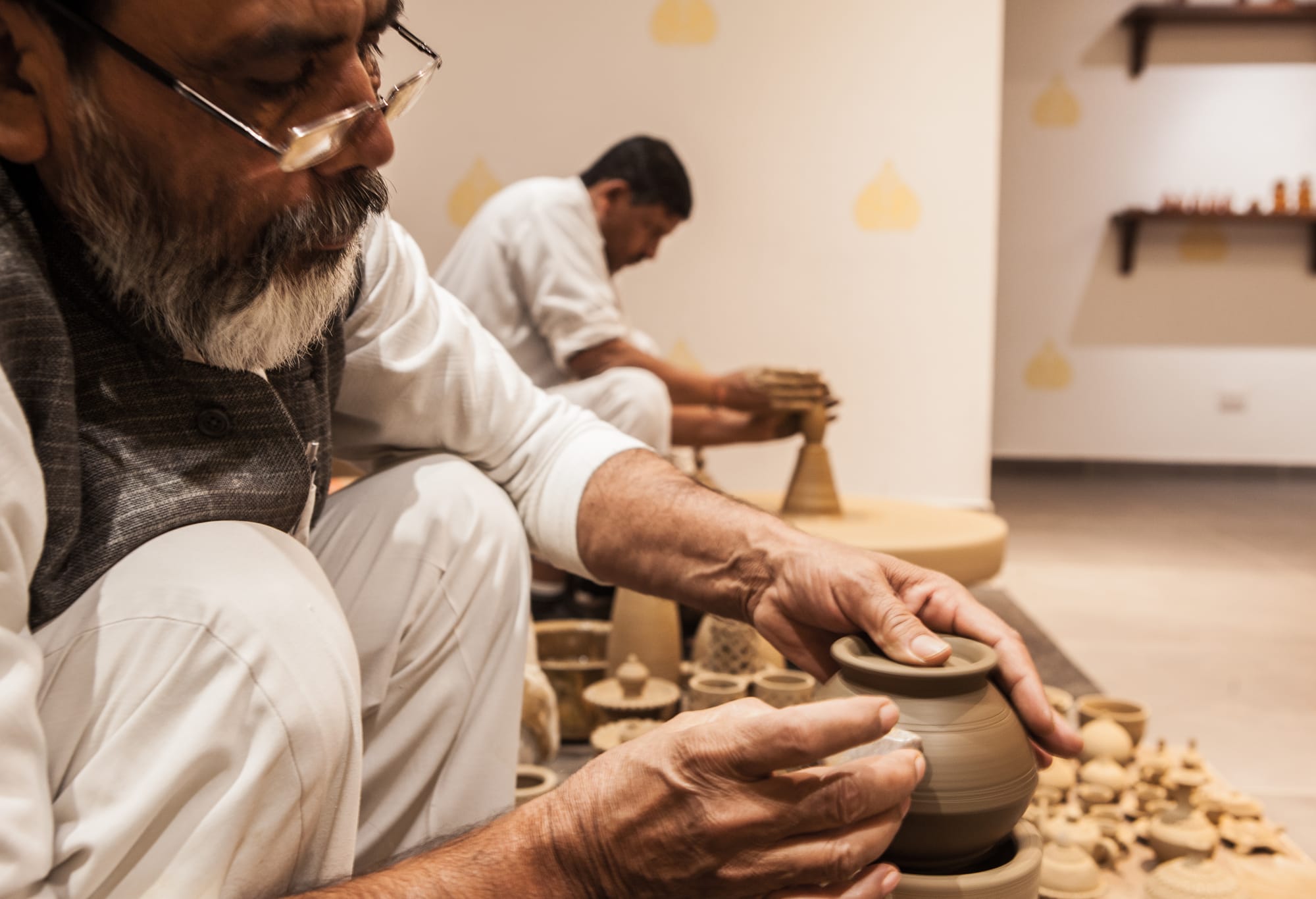
Culture, craft and experience blended to create the Folk Studio Innovation.
The right opportunity, if it can be created and designed (by converging market, talents, experience, space and collaborations), can help turn this problem into a fantastic opportunity and sustainable commerce through culture. It could also help be a platform to discover master local artisans.
Action
The co-founders of NYUCT Design Labs saw this challenge as a wonderful opportunity to design and build a social business innovation when they were working on this luxury project at Surajkund. They conceptualized and helped innovate this social business model centered around local sustainability.
They decided to build a live collaborative studio and retail experience called Folk Studio. The produce was small batch, artisanal ceramics. Folk Studio was conceived as an experiential artist lab and studio that featured national award winning artisans who collaborated with modern ceramic designers to create a private line of ceramic ware and merchandise.
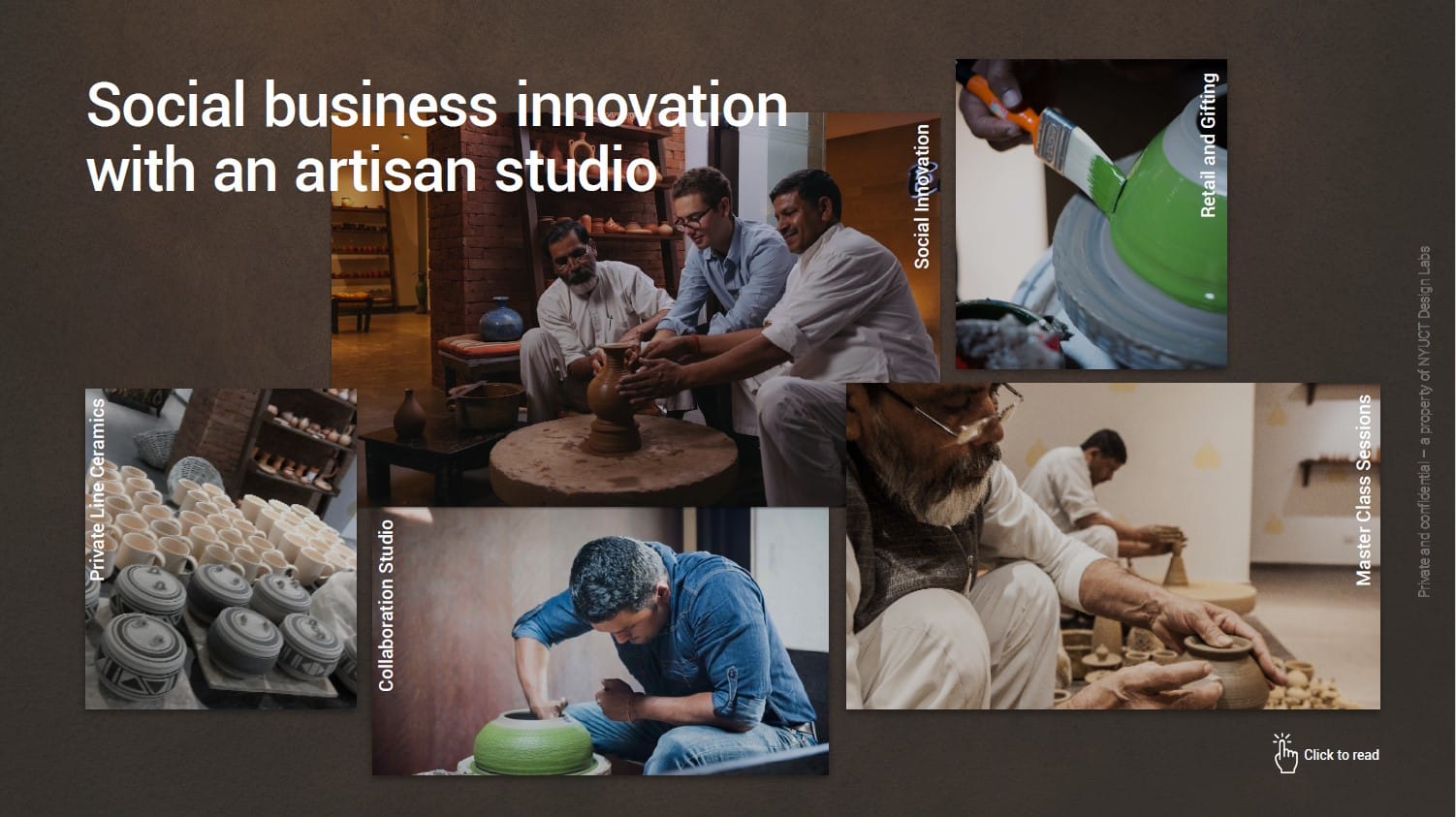
Folk Studio was an address that opened up vistas for traditional pottery masters to collaborate and work with modern ceramics exploratory artistes. It also collaborated with Delhi Blue Pottery, Life Positive Foundation and Jiva, to create the Roots Festival. This was a community experience centred around earth craft, wellness and symbology.
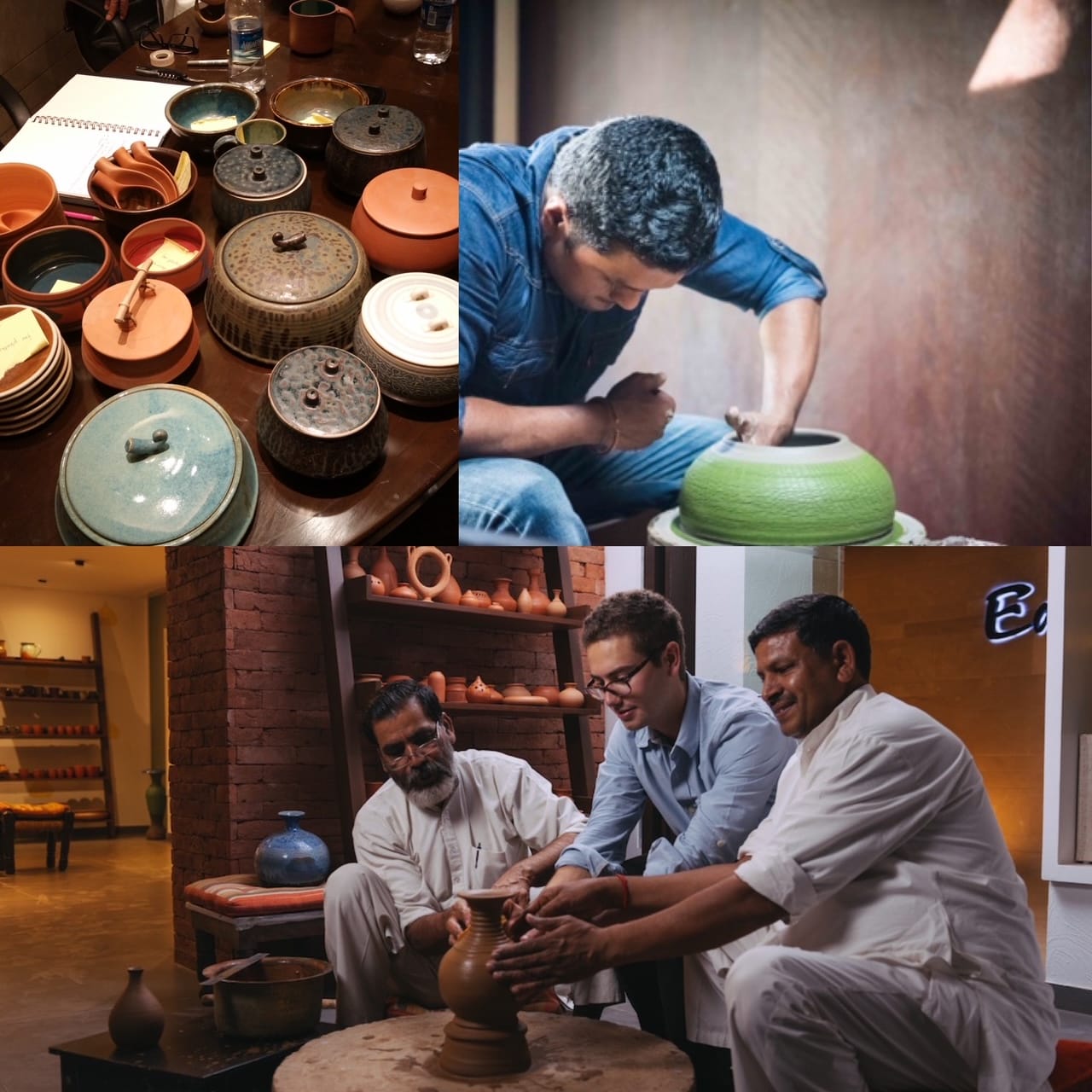
The Business model for the Innovation
Here, master local craftsmen and artisans had live on-site collaborations with modern ceramic masters and artists to create a private label of ceramics. These inspired demand from corporate houses and in-house guests as also sister hotels which wanted to buy this inventory.
The project created a unique collaborative scholarship program for National award-winning artisans - the masters of clay - to not only collaborate with modern design exponents to create a private line of ceramics for the hotel (some of which found place in other luxury hotels and were also commissioned by buyers) but also interact with discerning patrons and showcase one of the country’s foremost indigenous discipline.
Innovation is not always an outcome of big-box technology nor necessarily involves the board room. On the contrary, innovation best happens on the shopfloor and in incremental steps where one can join dots to solve a problem or create a whole new product / experience. Or at times, invent a whole new business model. What is most critical for innovation and impact is a willingness to experiment and break some so-called conventions.
Results
An industry innovation, Folk Studio was a first-of-its-kind model that not only supplanted traditional notions about hospitality spaces but also created monetizable program-innovations and new retail.
It opened new opportunities for the master craftsmen and their wares to access new markets and customers. Folk Studio is equally an example of how spaces and culture can be leveraged to produce highly marketable products and transformative experiences and also preserve a rich community tradition like pottery that constitutes the country’s soft capital.
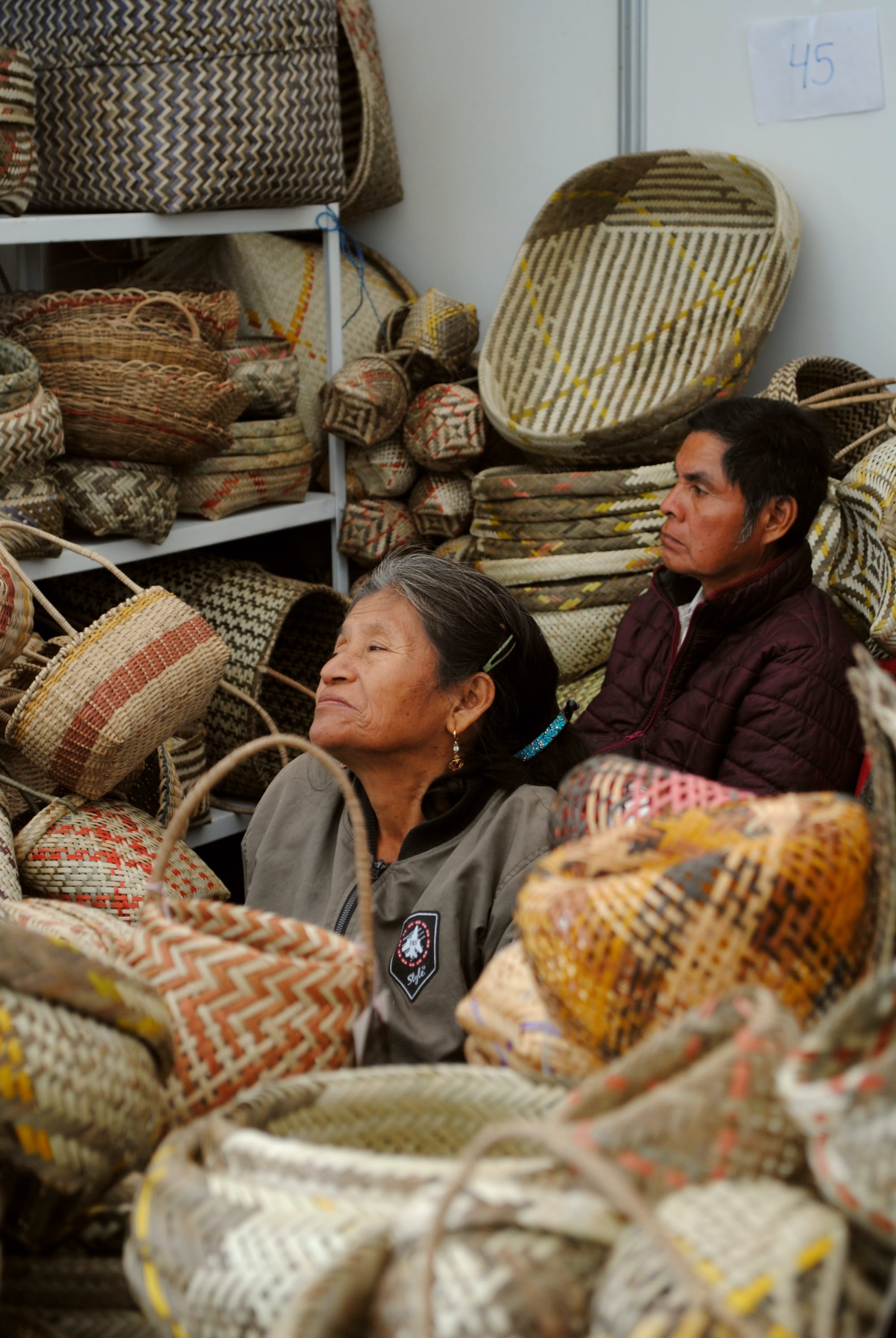
The studio was designed and programmed around excellence over the craft and discipline. It was helmed by National and Presidential awardees Harkishenji (conferred the Shilp-guru title, the highest award for crafts in the country) and Girirajji (Limca book of records holder) collaborating with many modern ceramic artists.
Needless to say, the work was prolific as also inventive.
The Folk Studio not only had other luxury hotels within the group as its customers but also brands like Pirelli and Tata Telecom shopping here for their festival gifting. Folk Studio became the center of EarthCraft workshops for the luxury resort and its guests. The center also collaborated with brands to present unique festivals and residential programs.
